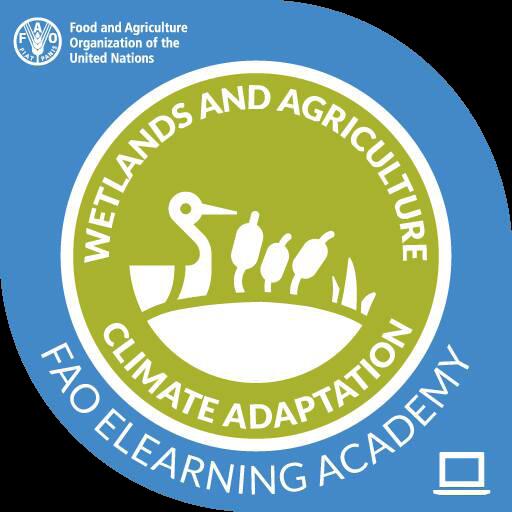Pader District to Benefit from Climate-Smart Agriculture Project

Pader District is set to gain from the Uganda Climate Smart Agricultural Transformation Project (UCSATP), a six-year initiative aimed at boosting agricultural productivity, enhancing market access, and building climate resilience. Launched on December 9, 2024, the project will directly impact over 6,000 residents across ten sub-counties, focusing on livestock farming, fisheries, and the cultivation of staple crops like maize, cassava, and soybeans.
The initiative is part of a $354.7 million nationwide effort covering 69 districts in Uganda. It is funded by the World Bank, Individual Development Account Financing, and the Government of Uganda. Seydou Opoka Adolatona, Pader District’s focal person for UCSATP, emphasized the project’s transformative potential. “This project will increase productivity and market access while improving the livelihoods of our people,” Opoka stated.
A two-day engagement meeting at the district council hall brought together local leaders, departmental heads, sub-county chairpersons, and community development officers. Participants expressed concerns over potential delays in the implementation process.
Festo Okidi, the district’s Community Development Officer, noted that the timeline might be too short to benefit all intended participants. Reassuring stakeholders, Opoka emphasized, “This project will be successful. Let us commit to its effective implementation and encourage our farmers to embrace its benefits.”
Rtd. Col. Fearless Obwoya Oyat, the LC5 Chairperson of Pader District, urged stakeholders to ensure proper implementation, emphasizing that Pader has been chosen as a demonstration district for the project. “We must ensure its proper implementation and avoid any mismanagement,” he cautioned.
Assistant Resident District Commissioner Robert Komakech Obina called for timely resource allocation, stressing the importance of considering the Acholi Sub-Region’s unique climatic conditions. He urged the Ministry of Agriculture, Animal Industry, and Fisheries (MAAIF) to provide adequate support to address these challenges.
Senior Agricultural Inspector Andrew Evans Opiolo from MAAIF reiterated the project's goal of expanding agricultural production and promoting sustainable land management. “We are committed to boosting productivity and supporting the development of sustainable value chains,” Opiolo explained.
The UCSATP targets crops such as coffee, cocoa, mangoes, citrus, avocados, and cashew nuts, alongside livestock (beef and dairy production) and fisheries. It is designed to directly benefit 3.9 million people, including 1.5 million women, and indirectly reach 9.5 million people nationwide. In Pader, specific focus will be given to beef production, fisheries, soybeans, and maize. While concerns about implementation pace persist, the UCSATP presents a significant opportunity for economic growth and climate resilience in Pader District. By promoting climate-smart practices and sustainable livelihoods, the project has the potential to transform farming practices, benefiting both the community and the environment.